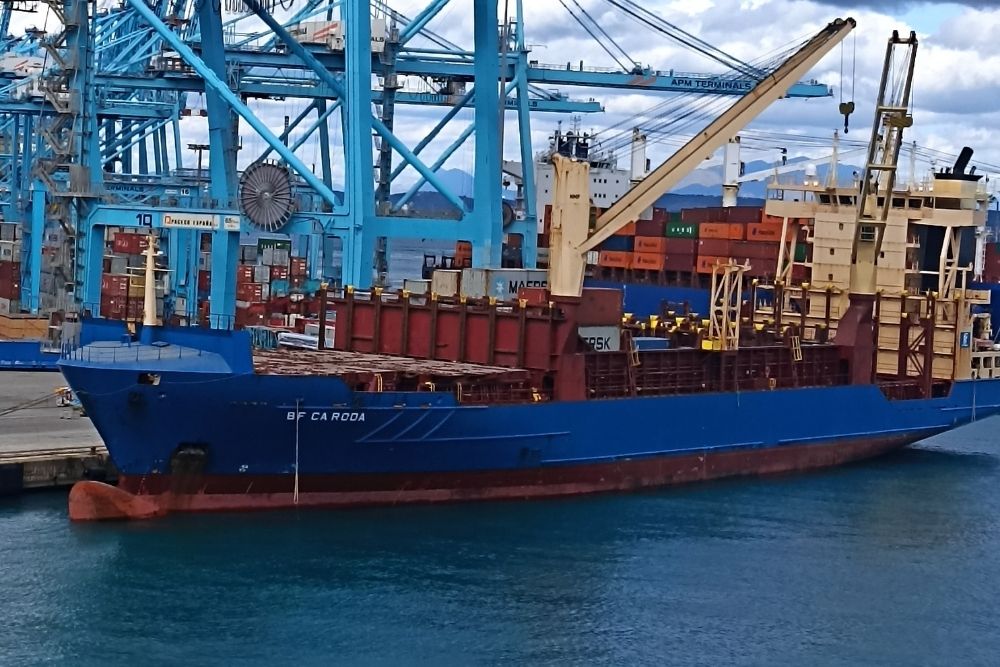Saudi Arabia’s oil output cuts could cause its first economic contraction since 2020
- September 12, 2023
- Posted by: Quatro Strategies
- Categories: Middle East, Oil & Gas, Sanctions & Regulation

Saudi Arabia’s decision to extend its voluntary oil production cut of 1 million barrels per day until the end of 2023 is expected to have significant economic consequences. While this move is intended to stabilize oil prices, it could result in the country’s first economic contraction since 2020 due to declining oil production and revenue. Experts suggest that the Saudi economy could shrink by 0.5% this year, with non-oil growth needing to average around 5% to maintain overall growth.
Last year, Saudi Arabia’s economy grew by 8.7%, driven by soaring oil prices, and generated a fiscal surplus of 2.5% of GDP. However, this year’s outlook is less optimistic, with the government forecasting a surplus of just 0.4% of GDP, and some economists even suggesting that the country may run a budget deficit of 1.5% of GDP. Saudi Aramco, the state-owned oil company, plans to pay a near $10 billion dividend to shareholders in the third quarter, but this might not be sufficient to offset the impact of extended oil production cuts.
While Saudi Arabia has been working to diversify its economy through initiatives like Vision 2030, which aims to reduce its dependence on oil, progress has been slow. The contribution of the non-oil sector to GDP rose only marginally from 43.3% in 2016 to 44% in 2022. The Public Investment Fund (PIF), tasked with driving Vision 2030, has been making significant investments in various sectors, but the pace of change remains a challenge.
To counter these economic headwinds, Saudi Arabia is reportedly considering offering up to $50 billion worth of new Aramco shares on the Riyadh stock exchange, which could generate substantial funds for big projects and investments. However, the success of these measures in stabilizing the economy remains uncertain, as reforms to reduce oil dependency and attract foreign investment have yet to yield significant results.
Interested in learning more?
Sign up for Top Insights Today

Top Insights Today delivers the latest insights straight to your inbox.
You will get daily industry insights on
Oil & Gas, Rare Earths & Commodities, Mining & Metals, EVs & Battery Technology, ESG & Renewable Energy, AI & Semiconductors, Aerospace & Defense, Sanctions & Regulation, Business & Politics.



